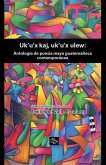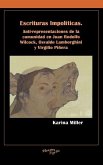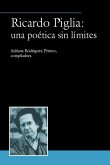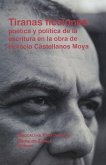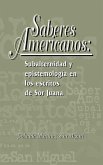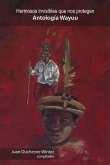The title of this volume, Lo que teníamos que tener: raza y revolución en Nicolás Guillén, comes from Guillén's famous verse 'I have what I had to have', which clearly encloses the two central themes of his work. On the one hand, the racial question with all its complexity and socio-affective magnitude, and on the other, the question of the revolution, as profound and provocative as it was and continues to be. Spread across three sections, the essays in this volume all share the premise of the importance of Nicolás Guillén's work, even when they disagree as to its constitutive axes. The first section analyzes Guillean historiography and criticism, and how his work caught the attention of many Anglophone readers in the 1970s. It explores how his work reflected the political-cultural climate of the moment, his anti-fascist and anti-imperialist themes and, in turn, how the profound humanism of the poet transcended them, reaching a true universal and lasting value. The second section deals with the racial and political issue in more detail. Guillén had a transracial vision that explored the dialectical game between identity and otherness, vindicating the ideological values of the Cuban revolution. Finally, the last section explores Guillén's art at the service of art. The Cuban son (Cuban sound) is turned into poetry which is then turned into song. Guillén's poetic culture has solid and objective roots expressed both in music, theater and film productions.


